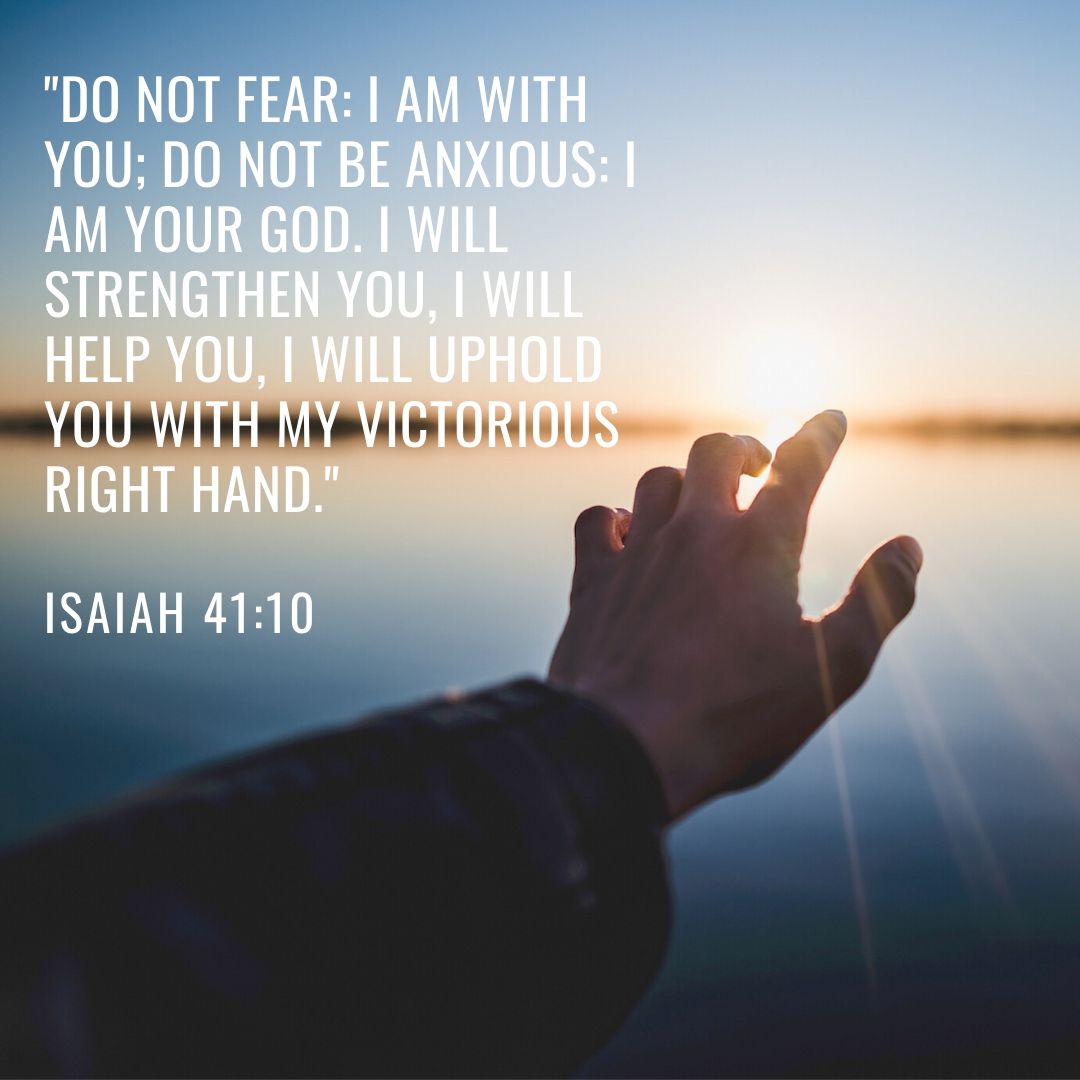A few basic steps to help you stay focused and peaceful when life keeps throwing challenges your way.
Lenten Campaign 2025
This content is free of charge, as are all our articles.
Support us with a donation that is tax-deductible and enable us to continue to reach millions of readers.
The other day I walked next door to the hospital lounge where I regularly get lunch. Deep in thought about my busy morning and what I needed to do over the noon hour, I approached the entrance and slid my umbrella (which I’d taken given a slight rain) in the door. As I did this, I removed my mask as I knew the attendant on hand would provide me a new paper mask, which was required in the hospital courtesy of COVID.
As I attempted the juggle the umbrella and the masks, I made my way down the hallway, still deep in thought. A little ways further, though, I noticed couple of people looking at me more intently than usual. To my horror, I realized that I was holding my umbrella over my head, despite the fact I was in the comfortable indoor confines of the hospital. I quickly lowered my umbrella, surveyed my surroundings, and assessed the damage. Although I hadn’t seen anyone I knew, I immediately worried that those who had passed knew who I was. And then I just started to laugh …
Later that evening, as I was telling the story to my wife and a couple of our kids, my son, Matthew, exclaimed, “Dad, you need a child psychologist!” We laughed. (I’m a child psychologist!)
But as I reflected further on the embarrassing escapade, it occurred to me that whether or not I could blame COVID for the gaff, the reality is that all of us right now have more than a few additional things on our minds. Amidst all the questions of what the pestilence profile will look like over the next few months, and just how this will influence our homes, work, schools, and the country as a whole, it is safe to say that as a population, we are as distracted and scattered as ever.
Which means that it’s never been more critical for all of us to be patient with ourselves and others. By patient I am not suggesting lowering our standards, but rather a greater understanding that mistakes, misunderstandings, and gaffes are going to be more likely during this time.
Research has long demonstrated that humans are not good multitaskers, and the better we think we are at it, the worse we typically are. Combine a pandemic for the ages with heightened social unrest and one of the most divisive elections in some time — in addition to just our normal stressful lives — and it’s a recipe for finding ourselves very scattered and distracted.
And yet, because of this, maybe one of the most important things we can do is to find peace in doing the simple things well. I am not suggesting we shouldn’t plan for the possibilities of the future, but that our best hope for a joyful, productive day is to put our efforts into doing what we can control.
Practically speaking, there are few basic steps to this.
First, when we wake up in the morning and are confronted with a busy, frenetic day, our first question should be to ask ourselves how we can channel this nervous energy into a calming activity, like a journal entry or a walk outdoors. As our day begins, it’s helpful to make sure that while we are paying attention to what is needed, we are also purposefully carving out time to finish tasks that are most critical and help us feel productive, while not letting distractions dilute our efficiency and our mind. For example, I have learned that if I am going to write a clinical report, I need to refrain from answering emails for a certain period of time, otherwise I am never going to get it done.
The next steps lie in giving ourselves time to think and reflect without an opportunity to be bombarded by constant needs. Although my previously mentioned walk to the hospital was marred by the “umbrella incident”, these walks — and others like them — have consistently given me time to think, process, and reflect in the silence of my own world. Just like my bike rides to and from work, they help refocus my attention to what has been done, what needs to occur, and simple what I need to release and let go. In essence, they are pockets of reflective silence built into a noisy day.
And finally, in coming back to my original point about patience, not only do we need to give ourselves a break for the goofy, errant things we might do, we need to learn to laugh with others and be comfortable with acknowledging when things go wrong. If we are losing it, then it’s a whole lot better to lose it in the company of those we love then to do it in the dark, lonely, often critical recesses of our mind. In the end, laughing alone might be cathartic, but laughing with others — especially in our socially distant world — is so much better.
So, I hope to never find myself again with an umbrella above my head in a hospital. But if I do, I hope I’ll chuckle with the passersby at myself. And I hope they will get a good, redemptive laugh, too.
If you want to read more about finding peace in your heart and living it every day, check out this slideshow.

Read more:
10 Keys to finding peace in your heart and living it every day









